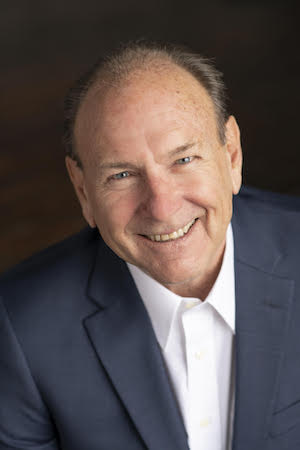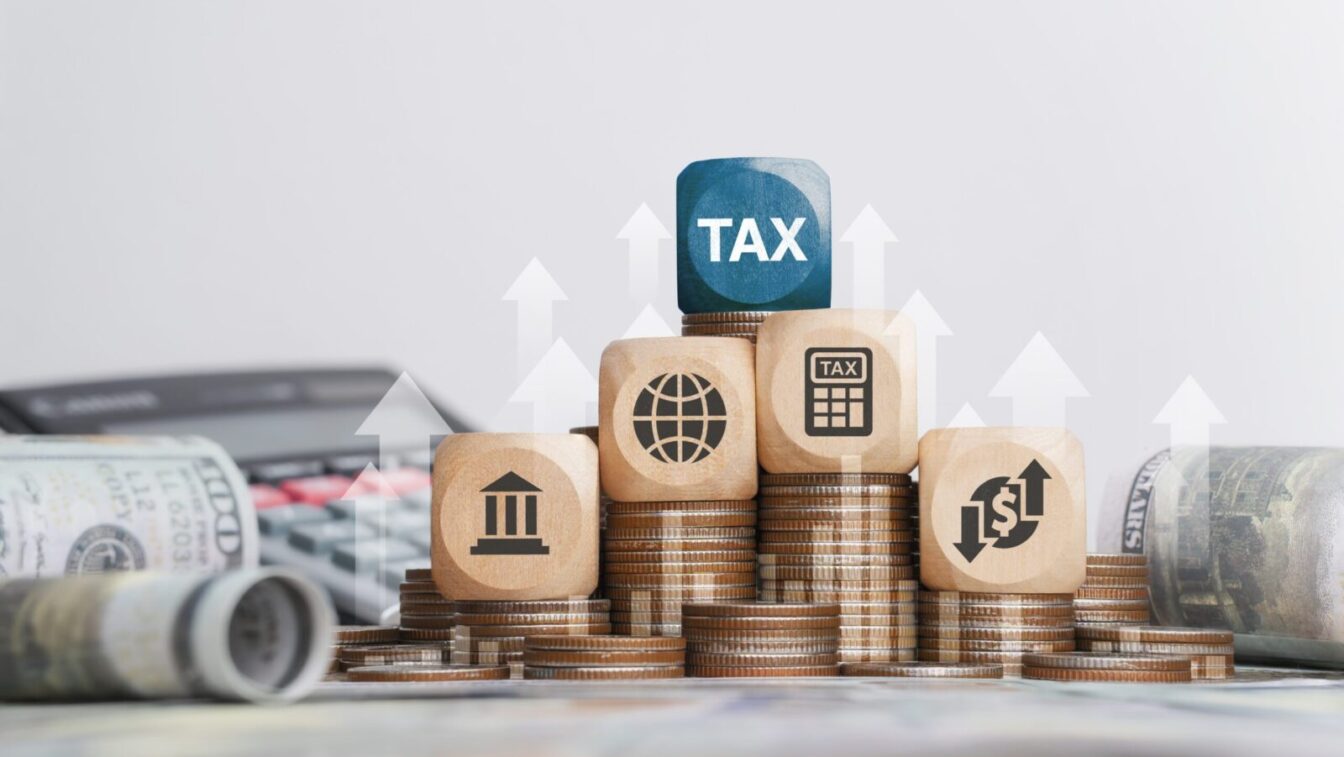Schuetz: The Proposed Betting Tax Increase In Louisiana Was Never What It Seemed
With politicians in the state, ‘Throw me something, Mister’ is often the guiding philosophy
5 min

“Vote for the crook. It’s important.”
— Bumper sticker for Edwin Edwards, 1991 Louisiana gubernatorial candidate who won and was later convicted of extortion and racketeering relating to the introduction of riverboat gaming in the state
Starting in the 1980s, I spent a fair amount of time visiting Louisiana. I was in senior management positions with several casinos on the Las Vegas Strip. I knew an excellent group of high rollers in Louisiana and would often travel to New Orleans or Baton Rouge to connect and visit these folks. It was good business.

This was always great fun, be it attending an LSU football game at Tiger Stadium with a great party before the game, a Super Bowl in what was then called the Superdome, hosting some grand dinners at some of the most incredible restaurants on the planet, riding on a Mardi Gras float, playing golf at the Country Club of Louisiana, attending the black-tie Baccus Ball in New Orleans, or hosting a Mardi Gras party on the second-floor dining room with an open deck at Mike Anderson’s seafood restaurant on Bourbon Street in the French Quarter.
Actually, great fun is an understatement.
On the second floor of Mike Anderson’s, we would have an open bar and an excellent buffet for our invited guests during Mardi Gras. I would also organize to have hundreds of dollars of plastic beads and trinkets so our guests could stand on the open deck and throw them to the revelers on Bourbon Street below.
The tradition with the beads went well back into the history of Mardi Gras parades and was symbolized by the statement, “Throw me something, Mister.” Over the years, especially on Bourbon Street, this evolved into something a bit more risqué, where the potential reward of a deluge of beads enticed the ladies to show parts of their anatomy.
In the 1990s, I was again spending a lot of time in Louisiana, not to host high rollers, but to manage the many details of securing approval for two tribal casinos in the state as an executive of Grand Casinos, Inc. One of the people I met in Louisiana was Gus Weill.
It would be an understatement to suggest that the late Gus Weill was a legend in Louisiana. When I interviewed Gus to be our public relations expert in the 1990s (he also served in that capacity for Gov. Edwin Edwards), I asked him if he had any experience in crisis management.
Gus, a bit rotund, with a gray beard and looking like an elderly Al Hirt, said: “Son, let me tell you about crisis management. Crisis management is when my client Jimmy Swaggart, the famous televangelist preacher, is busted not once, but twice for being found in the company of a prostitute.”
I hired Gus on the spot.
‘We are all catchers down here’
During my time working with Gus, he always made two points. The first was “we are all catchers down here,” referencing the Mardi Gras parades where people surround the floats hoping to catch some beads and trinkets. His point was that everyone in the state was hoping to catch something from the gaming companies, and man, oh man, was that ever true — all of the way to the governor’s mansion.
The second point he often made was that he didn’t think 12 people in Louisiana thought stealing was a crime. His point was that things were free and easy in the Bayou State; the only issue, of course, “was watch out for those damn feds.”
These two nuggets of wisdom proved incredibly important, and I was always quite pleased that our company stayed out of trouble in Louisiana — which was no simple thing. Eddie DeBartolo was not so lucky and gave up the San Francisco 49ers.
I bring all of this up because I believe that everyone is missing the point regarding the sports betting tax discussions that have been taking place in the gaming press about Louisiana. This is not about a tax increase.
In early November, Louisiana Rep. Roger Wilder filed House Bill 22 to increase the tax on sports betting from 15% to 51%. This is a trend in the sports betting space, with the state of Ohio introducing an increase in 2023, and Illinois ushering in an increase this past July.
This last increase in Illinois initiated the tantrum by DraftKings CEO Jason Robins, who planned on adding a tax of his own on winning bettors. He got over this thought when he looked in the rearview mirror and saw no one was behind him wanting any of what he was selling.
The usual industry shills were quite aghast at the thought that sports betting taxes might increase in Louisiana, for, after all, shills have to shill.
It is not as if Louisiana does not need more tax revenue, especially for K-12 education, for this area is notoriously underfunded. But funding schools was not really what this was about. And lo and behold, a higher power saved the day, and the efforts to raise taxes on sports betting was waylaid when Rep. Wilder deferred his bill.
What’s really going on here
Well, there you have it. Louisiana tried to increase the tax rate on sports betting, and the gaming company shills did their shilling, saving the day — a big victory for the industry and every God-fearing person in the state.
Hold on, kids … let me provide you with some insight that I learned at the School of Gus Weill. It is something of a long con, but a con all the same.
The politicians in Louisiana are neither deaf nor blind. They can hear and see, and they have heard and seen a sports betting industry that throws money at politicians and lobbyists like there is no tomorrow.
Unfortunately, going back to the misbehavior of Gov. Edwards with the advent of riverboat gaming in the state, Louisiana made it illegal for casino companies to contribute to Louisiana politicians.
There were loopholes, it seems, but the Louisiana politicians wanted to get at the really big money, and they saw in state after state that the online betting companies spread money around with reckless abandon.
It should come as no surprise to those of us from the School of Gus Weill that state Sen. Thomas Pressly, supposedly at the behest of PENN Entertainment, had silently offered a bill to remove the ban on political contributions by casino companies some time ago. You can read about this here.
This effort to remove the ban on political contributions to Louisiana was short-lived, mainly because of pushback from the then-top gaming regulator in Louisiana and editorial resistance from several news sources.
The point is that the tax drama in Louisiana is not what it seems. It is rather about a bunch of legislators forming a well-orchestrated plan to get the gaming companies to worry about a tax increase in Louisiana when the whole point is to remove the ban on casino company contributions.
With new regulatory leadership now in place and the Edwin Edwards scandals getting more distant in the rearview mirror and relegated to the dustbin of history, additional efforts will be made to remove this ban, now with the support of the industry. It may even be discussed in New Orleans at a few private meetings this coming December. But just wait — for it is coming.
In other words, legislators are slowly working to tell the gaming industry to “throw me something, Mister,” and it will all be legal.
—
Richard Schuetz entered the gaming industry working nights as a blackjack and dice dealer while attending college and has since served in many capacities within the industry, including operations, finance, and marketing. He has held senior executive positions up to and including CEO in jurisdictions across the United States, including the gaming markets of Las Vegas, Atlantic City, Reno/Tahoe, Laughlin, Minnesota, Mississippi, and Louisiana. In addition, he has consulted and taught around the globe and served as a member of the California Gambling Control Commission and executive director of the Bermuda Casino Gaming Commission. He also publishes extensively on gaming, gaming regulation, diversity, and gaming history. Schuetz is the CEO American Bettors’ Voice, a non-profit organization dedicated to giving sports bettors a seat at the table.






